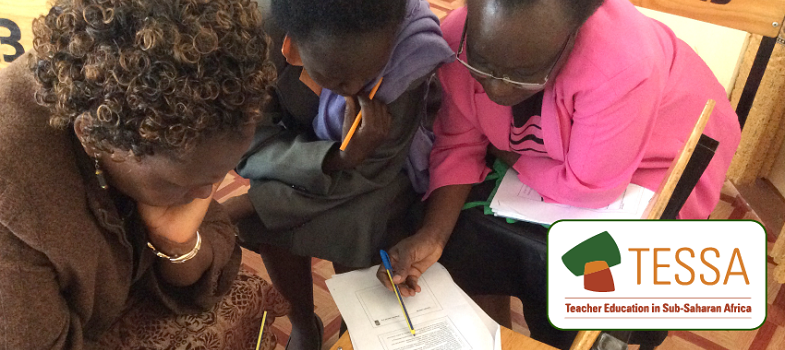Resource 1: Oral history
![]() Background information / subject knowledge for teacher
Background information / subject knowledge for teacher
Introduction
We all have stories to tell, stories about our lives and special events that have taken place. We give our experiences an order and organise such memories into stories. These stories could, if collected together with other people’s memories of the same event, allow us to build up a clearer picture of what actually happened.
Your local community will be a rich source for exploring what happened at a particular event or what it was like to live there 20 years ago. Your pupils could investigate the Ugandan Civil War or some other more local event.
What is oral history?
Oral history is not folklore, gossip, hearsay or rumour, but the real history of people told from their perspectives, as they remember it. It involves the systematic collection of living people’s stories of their own experiences. These everyday memories have historical importance. They help us understand what life is like. If we do not collect and preserve those memories, then one day they will disappear forever.
Your stories and the stories of the people around you are unique and can provide valuable information. Because we only live for so many years we can only go back one lifetime. This makes many historians anxious that they may lose valuable data and perspectives on events. Gathering these stories helps your pupils develop a sense of their own identities and how they fit into the story of their home area.
How do you collect people’s stories?
When you have decided what event or activity you want to find out about, you need to find people who were involved and ask if they are willing to tell you their stories.
Contact them to arrange a time of day and tell them what you want to talk about and what you will do.
You need to record what your interviewee says. You can do this by taking notes by hand or possibly by tape recording or video recording.
Having collected your information or evidence, it is important to compare and contrast different people’s views of the same event, so that you can identify the facts from the interpretations that different people put on the same event. You could ask your pupils, in groups, to interview different people and then to write a summary of their findings to share with the rest of the class. These could be made into a book about your class’s investigation into a particular event.
Adapted from original source: http://www.dohistory.org [Tip: hold Ctrl and click a link to open it in a new tab. (Hide tip)] (Accessed 2008)
3. Thinking critically about evidence



